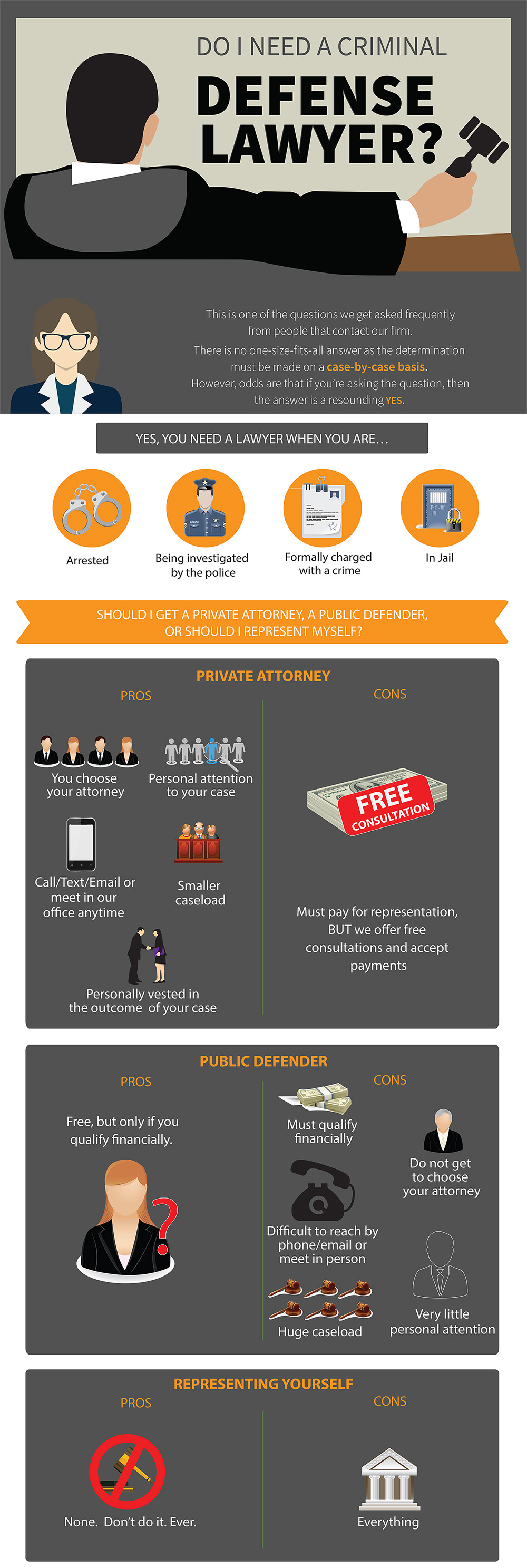Lawful Splitting Up Vs. Divorce: Which Choice Is Right For You?
Lawful Splitting Up Vs. Divorce: Which Choice Is Right For You?
Blog Article
Web Content Produce By-Hahn George
When you find yourself at a crossroads in your connection, deciding between lawful separation and separation can really feel frustrating. Each alternative has its very own ramifications for your psychological well-being, funds, and household characteristics. It's crucial to consider these elements meticulously. So, exactly how do Divorce Without A Lawyer In Florida identify which course aligns best with your unique situations and future goals? Allow's check out the key differences and considerations that could direct your decision.
Comprehending Lawful Separation
When you're considering a change in your connection status, understanding legal separation is crucial.
Lawful separation allows you to live apart while remaining married, providing an organized method to resolve problems like financial resources and youngster protection. It's a formal procedure, calling for a separation arrangement that details your legal rights and responsibilities. This arrangement can cover whatever from residential or commercial property department to spousal assistance.
Unlike separation, lawful separation doesn't end your marriage, which indicates you can still retain particular advantages, like health insurance.
It's frequently an extra amicable choice, giving both companions time to review their relationship. If you're unsure about separation, legal separation can act as a trial duration, assisting you weigh your alternatives without making a long-term decision.
The Divorce Process Explained
Recognizing the separation process can really feel overwhelming, but simplifying right into workable steps can make it easier.
Initially, you'll intend to file an application for separation in your neighborhood court, mentioning the grounds for your divorce. Next, offer your partner with the divorce documents, permitting them to react.
If you and your spouse can agree on essential issues like property division and kid protection, you may accomplish an uncontested separation, which streamlines things substantially. If not, you could get in mediation or a court hearing to settle disputes.
Once all problems are cleared up, the court will certainly issue a last divorce decree. This lawfully finishes your marriage, providing you the flexibility to move forward with your life.
Variables to Take Into Consideration When Selecting In Between the Two
After navigating the complexities of the separation procedure, you may find yourself weighing the choices between legal separation and divorce.
One crucial factor to think about is your emotional preparedness. If you're unsure concerning permanently finishing your marriage, lawful separation uses a trial period to see if reconciliation is possible.
Financial ramifications are likewise important; legal splitting up might allow you to maintain particular benefits like medical insurance.
Additionally, think about your living arrangements and just how they'll influence your day-to-day live.
If children are included, consider their wellness and the security they need.
Last but not least, take a look at any kind of religious or personal beliefs that might affect your choice.
Weighing https://zenwriting.net/ilse655curt/defend-your-civil-liberties-in-separation-and-custody-problems-discover-key can help you select the best course for your situation.
Verdict
Choosing in between lawful splitting up and separation can be challenging, yet it inevitably comes down to your unique situation and objectives. If you require time to assess your relationship without the finality of separation, legal splitting up may be the right option. However, if please click the next website page prepare to move on and embrace a new phase, separation could be the far better option. Put in the time to assess what really feels right for you and your household as you make this important decision.
